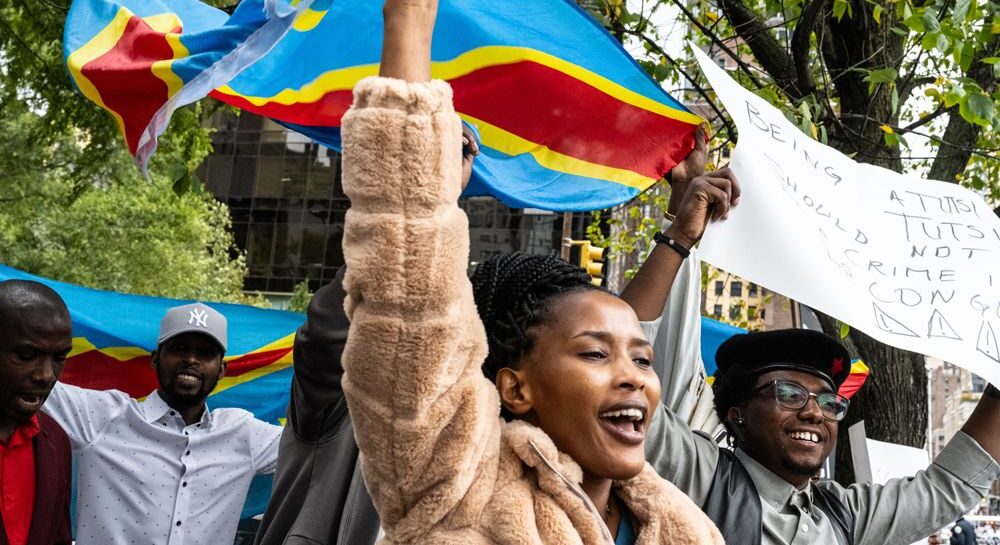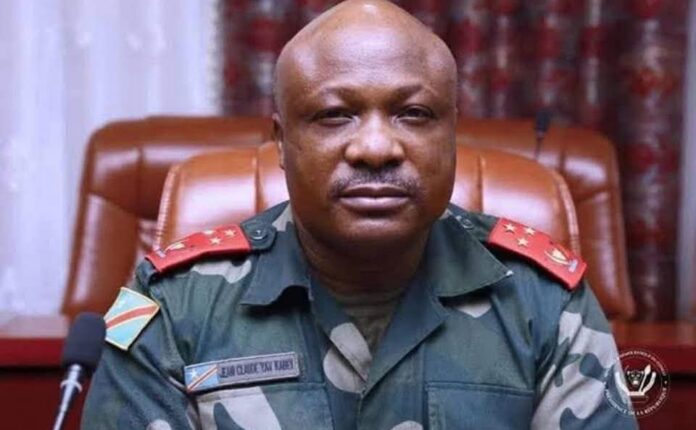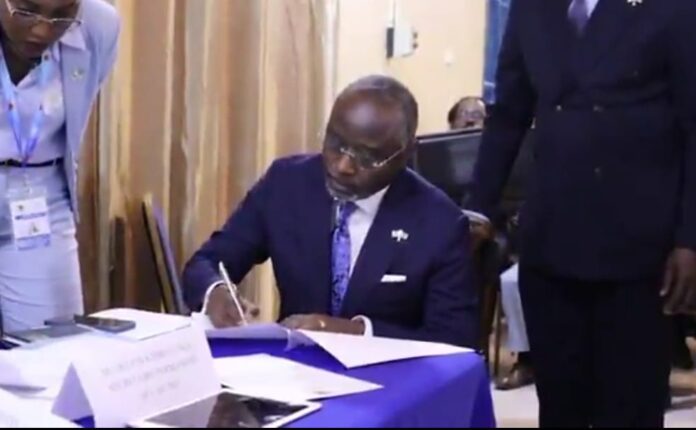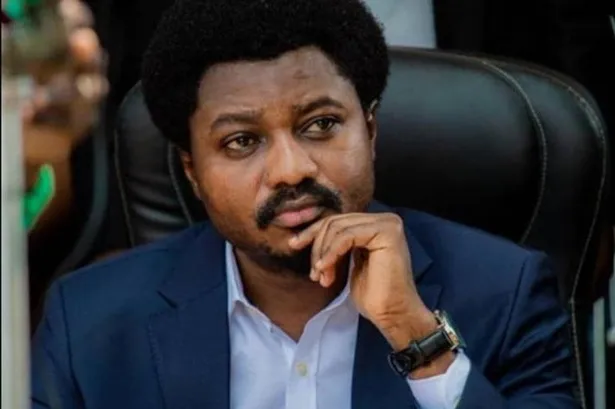In the dense political fog surrounding the crisis in eastern Democratic Republic of Congo (DRC), one thing is clear: avoidance has replaced accountability. Just as Rwandan President Juvénal Habyarimana once painted the Rwandan Patriotic Front (RPF) as a foreign force, despite ultimately acknowledging their Rwandan identity, today, Congolese President Félix Tshisekedi’s seems determined to repeat history. His portrayal of the M23 movement as a Rwandan invasion, rather than a Congolese uprising, is a narrative as politically convenient as it is misleading.
Note: Company, Blog, Church websites are free.
For international observers unfamiliar with the complexities of the Great Lakes region, this framing may seem plausible. But a closer look reveals a calculated deflection, one that obscures legitimate grievances and prolongs conflict in the Kivu provinces.
The March 23 Movement, commonly known as M23, is not a foreign proxy, but a Congolese politico-military group with roots in long-standing failures of governance and inclusion. Composed largely of Congolese Tutsi, M23 emerged in response to broken promises of reintegration, repeated massacres, and institutional neglect by successive governments in Kinshasa.
The group’s resurgence in recent years reflects not foreign manipulation, but domestic dysfunction. Rather than engage in meaningful dialogue, Kinshasa has chosen to collapse the complexity of the conflict into a simplistic cross-border accusation: Rwanda is to blame.
This scapegoating strategy may rally short-term nationalist sentiment, but it does little to address the deeper issues fueling instability in eastern Congo, land rights, ethnic discrimination, the militarization of governance, and the absence of state protection for minority communities.
The extent of Kinshasa’s external fixation is illustrated by its recent reaction to a routine diplomatic visit. When Algeria’s Army Chief of Staff visited Rwanda, the Congolese government summoned the Algerian ambassador in protest. The move underscored a hypersensitive, almost paranoid stance that threatens to alienate allies and distort regional diplomacy.
Instead of building constructive partnerships, Kinshasa continues to pour its diplomatic energy into internationalizing a domestic crisis. Meanwhile, millions in North and South Kivu remain caught in the crossfire, abandoned by the state and unheard by the capital.
Last week, the United Nations Special Representative in the DRC visited areas currently under the control of the M23/AFC alliance. These are territories previously neglected by the central government but now experiencing a fragile, yet noteworthy, form of local administration and stability under movement rule.
The visit sent a clear message: the M23 are not ghosts conjured up by Kigali. They are on the ground, they are organized, and they are Congolese. The real question now is whether Kinshasa will acknowledge this reality, or continue clinging to a narrative that has lost credibility.
Engaging with the M23 is not a betrayal of sovereignty, it is a necessary step toward sustainable peace. The international community must shift its posture from passive endorsement of state narratives to active support for inclusive dialogue.
Donors, regional blocs, and multilateral institutions must press Kinshasa to confront its own internal contradictions. Eastern Congo’s crisis cannot be resolved through military campaigns, rhetorical blame, or isolation. It requires political courage and a willingness to listen, to all Congolese, not just those within reach of the capital.
If history has taught the Great Lakes region anything, it is that denial breeds disaster. Rwanda learned this in 1994. The DRC would do well not to repeat the same mistake.



